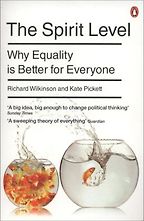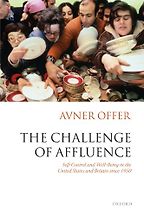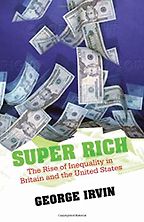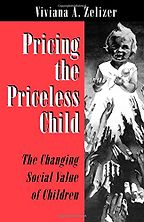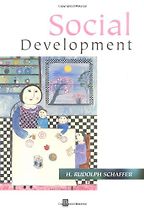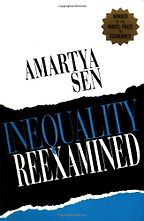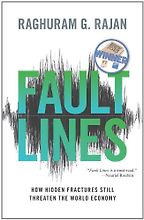Books by Richard Wilkinson and Kate Pickett
“Spirit Level is an incredible book. It provides the evidence that inequality is bad for us all including the best-off. “ Read more...
Danny Dorling, Social Scientist
Interviews where books by Richard Wilkinson and Kate Pickett were recommended
The best books on Inequality, recommended by Danny Dorling
‘When it comes to human happiness the inequalities which matter most aren’t financial. They are in terms of health or education. When it really comes down to it, what matters most is that are you well, that you are going to live a long life, that your children are going to live a long life.’
-
1
Pricing the Priceless Child: The Changing Social Value of Children
by Viviana A Zelizer -
2
Social Development
by H. Rudolph Schaffer -

3
The Roads of Chinese Childhood
by Charles Stafford -

4
The Child in the City
by Colin Ward -

5
The Spirit Level: Why Greater Equality Makes Societies Stronger
by Richard Wilkinson and Kate Pickett
The best books on Children, recommended by Jo Boyden
The best books on Children, recommended by Jo Boyden
We all know how children should be brought up, and rarely question the cultural norms that underly that certainty. But what does that mean for the policies we try to impose on the developing world? Jo Boyden, professor of international development at Oxford University and director of its Young Lives study, picks books that question our assumptions about how to successfully raise a child.
-
1
Principles of Social Justice
by David Miller -

2
The Spirit Level: Why Greater Equality Makes Societies Stronger
by Richard Wilkinson and Kate Pickett -

3
Inequality Reexamined
by Amartya Sen -
4
Fault Lines: How Hidden Fractures Still Threaten The World Economy
by Raghuram G Rajan -

5
Chavs
by Owen Jones
The best books on Fairness and Inequality, recommended by Will Hutton
The best books on Fairness and Inequality, recommended by Will Hutton
What is the difference between fairness and equality? In contemporary capitalist societies, some inequality is inevitable and desirable. But the rewards for the few at the top have soared while the rest have been squeezed. Is this fair? We need a new social contract, says the author and columnist
